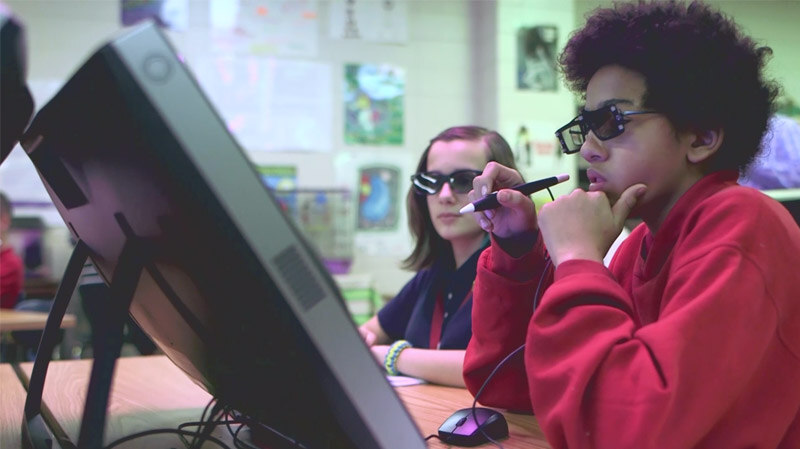
August 15, 2016
The Case for Hands-On Learning
Hands-on learning bridges classroom education and real-world skills, enhancing critical thinking and problem-solving through engaging experiences.
In today’s rapidly evolving job market, it is increasingly evident that many new graduates are entering the workforce without the necessary skills to effectively tackle the challenges posed by real-world scenarios. According to a survey reported by Forbes, an alarming 60% of managers have observed that recent graduates lack critical thinking and problem-solving skills that are essential for success in their roles. This statistic highlights a significant disconnect between the theoretical knowledge imparted in academic settings and the practical skills demanded by employers. It suggests that educational institutions may need to reassess their teaching methodologies to better prepare students for the complexities of the modern workplace.
One promising method to bridge this gap is through the adoption of hands-on learning approaches. Hands-on learning, sometimes referred to as experiential learning, is a teaching method that emphasizes active participation and direct experience. Research conducted by the University of Chicago has demonstrated that engaging in hands-on projects activates multiple regions of the brain, which in turn fosters a deeper understanding of subject matter and enhances problem-solving capabilities. This method of learning is particularly effective in STEM (Science, Technology, Engineering, and Mathematics) education, where abstract concepts often pose significant challenges to students.
In the realm of STEM education, hands-on learning enables students to build a tangible and functional understanding of complex theories and principles. It encourages them to engage in experimental design and execution, thereby cultivating a robust ability to independently create and conduct experiments. For instance, through platforms like zSpace, students can engage in interactive and immersive learning experiences such as constructing a roller coaster to explore the principles of force and acceleration, or investigating gravity by simulating a baseball game on the moon. These activities not only reinforce theoretical knowledge but also nurture an investigative spirit.
Duke University's Professor Maurizio Forte articulates the transformative potential of tools like zSpace in enhancing educational curricula. He notes, "zSpace can help enhance today's high school curriculum so students will come in to the university prepared to: creatively solve problems in the context of continuously changing circumstances, see beyond the facts, investigate and propose solutions to non-routine problems." Such virtual experiences are invaluable in developing curiosity and confidence in students—traits that are indispensable for lifelong learning and professional success.
As the demand for adaptable and innovative thinkers continues to grow, integrating hands-on learning into educational frameworks can play a critical role in ensuring students are not only academically proficient but also equipped with the practical skills necessary to thrive in any career they choose to pursue.